Bank Street College of Education’s second cohort of Early Childhood Policy Fellows includes 13 female leaders working toward quality and equity in early childhood systems. The 10-month experience includes a three-day kickoff in New York City, plus monthly full-day virtual convenings and coaching support.
Early Learning Nation magazine spoke to six 2023-24 fellows to discover their stories and their strategies for systemic change. As fellow Lara Kyriakou says, “We don’t have Build Back Better yet, but this is our moment, and this fellowship is a springboard for so much of our work going forward.”
👉Learn more about the Bank Street Early Childhood Policy Fellowship
Learning from Each Other
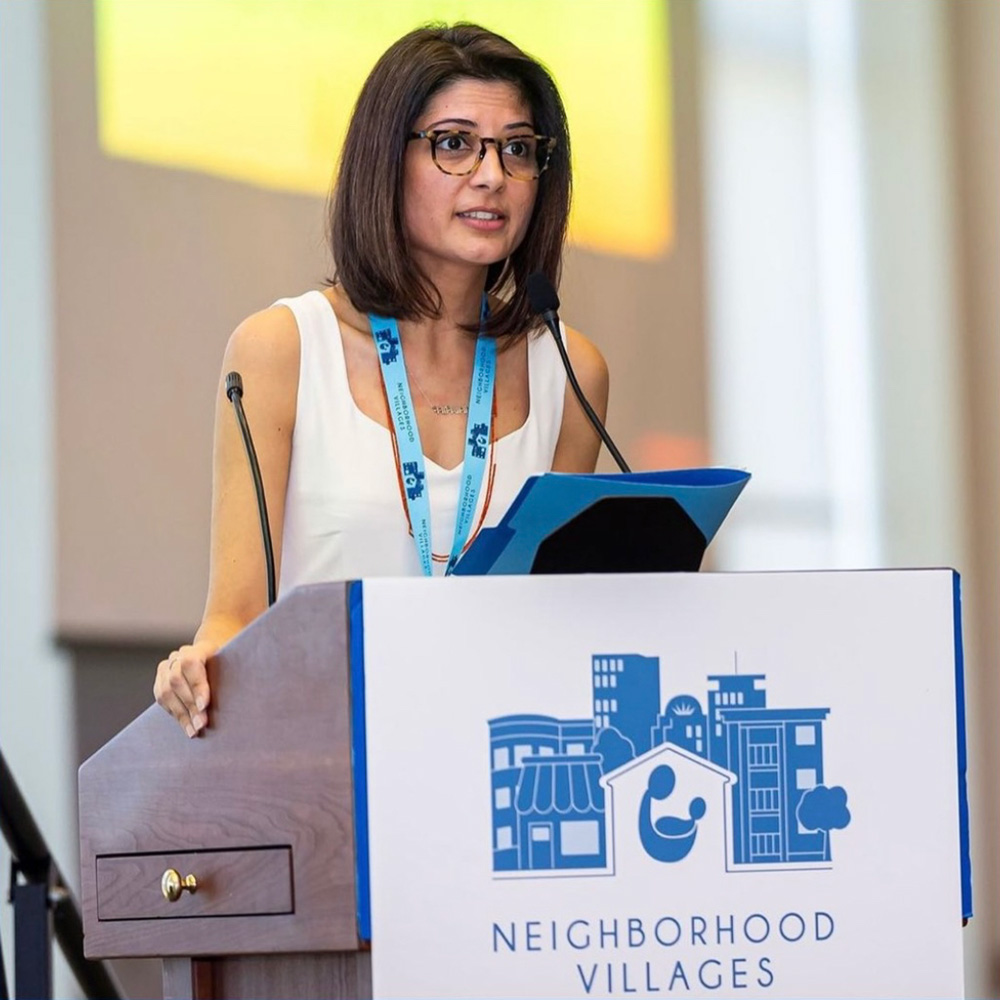
Binal Patel, chief program officer at Neighborhood Villages, previously helped launch and then ran an early childhood program for infants, toddlers and preschoolers in Watertown, MA. “That was the most rewarding, incredible, exhausting four years of my life,” she recalls. “I started that director job a month into my maternity leave, with a two-year-old toddler as well.”
Patel describes the model at Neighborhood Villages as “pilot, iterate and then scale with government.” That final step is what drew her to the Bank Street fellowship, creating the right circumstances for public investment and systemic improvement beyond a neighborhood pilot. “I’ve learned so much from the people in the cohort,” she says, “from what they do in their own states and the different contexts we all work in, but with the same goal of an equitable early childhood system.”
She adds, “Being in rooms with such strong leaders and women of color in the early childhood space at Bank Street inspires me.” This directly relates to the Registered Apprenticeship Program she launched last year, which is the focus of her capstone project in the fellowship. “Massachusetts doesn’t have a lot of diversity in early childhood leadership roles,” she notes, “and we need to create and support those pathways for educators to continue to advance in their careers.”
👉The Pathway to Professionalism is Paved with Apprenticeships
Adaptive Leadership
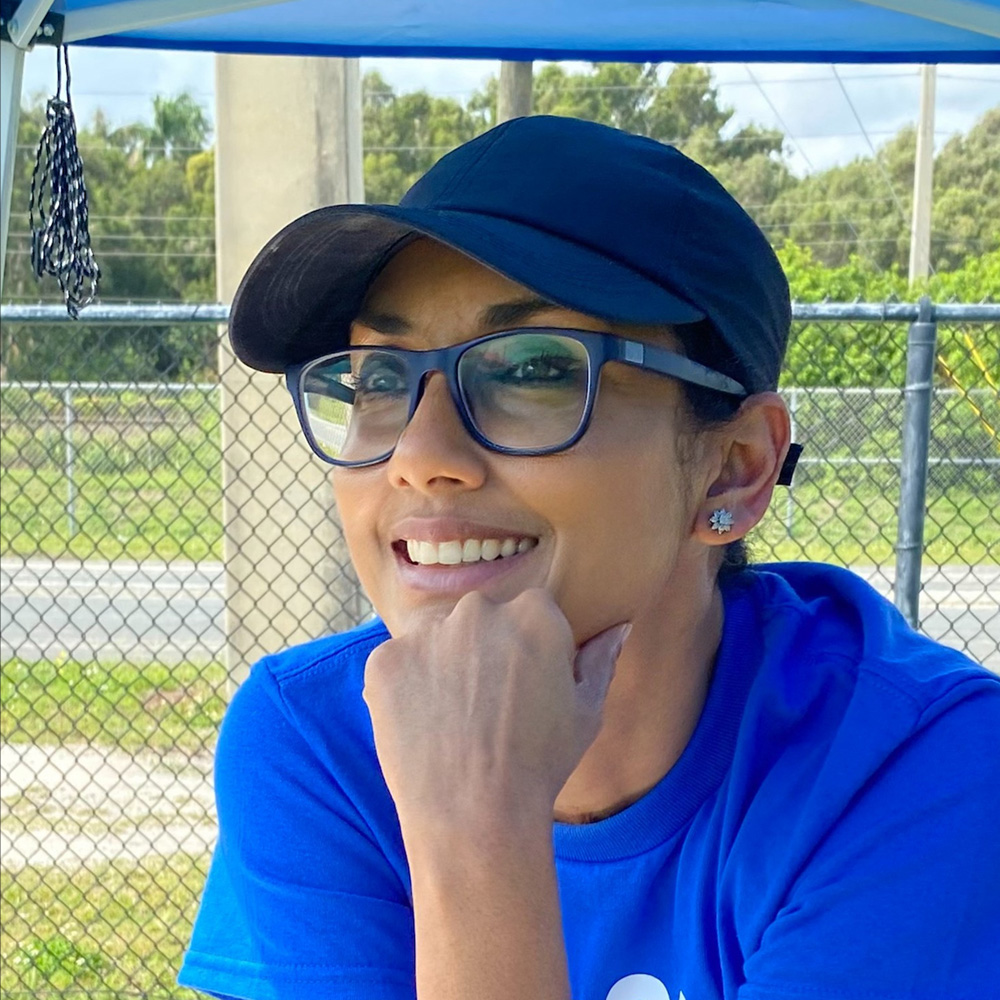
In the wake of a life-threatening illness, Aruna Gilbert, chief program and policy officer at the Early Learning Coalition of Palm Beach County (Florida) pivoted from journalism and economics to early education. “I started thinking about how it influences people’s way of experiencing the world,” she says, adding, “And children were suffering.”
Adaptive Leadership, a philosophy pioneered by the Harvard Kennedy School’s Ronald Heifetz, has been Gilbert’s “bible,” as she taps into her agility and emotional intelligence. “When you’re leading and it’s ‘easy,’ it’s often because you’re telling people what to do. Figuring out community voice and leading from where they’re sitting” she explains, “is another thing altogether.”
Gilbert praises the Bank Street faculty, saying, “They’re amazing, individually and collectively. They keep in touch to make sure that we are having the best experience possible.”
The Consultative Stance
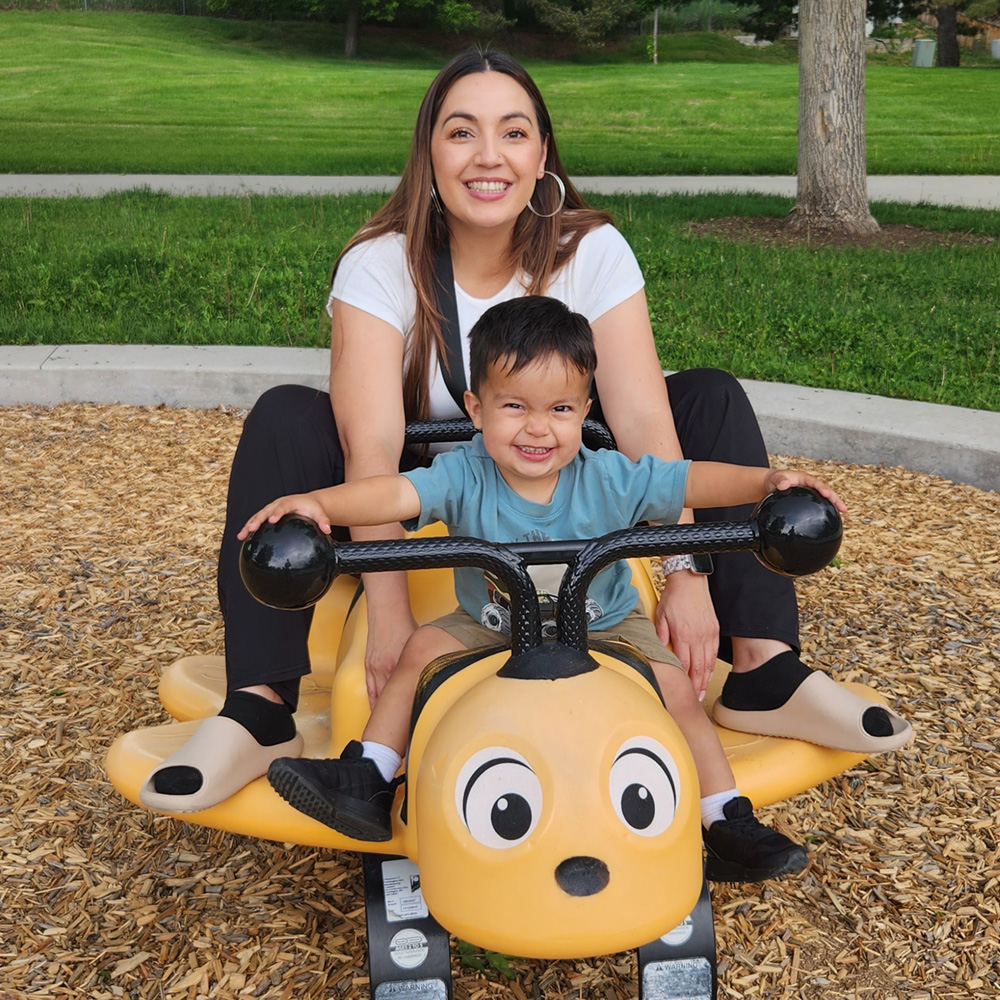
Kassandra Gonzales, MA, LPCC, IMH-E, program coordinator for the New Mexico Early Childhood Education and Care Department’s Infant and Early Childhood Mental Health Consultation, began her career as an early childhood educator and then shifted to play therapy and behavior management, supporting early childhood programs and public school teachers.
In some of New Mexico’s border towns, she explains, basic needs like running water are scarce. Child care providers in border towns deal with markedly different mental health challenges than from those in, say, Albuquerque. “Their struggles are real and their experiences are valid,” she states. Imagine the trauma, she continues, of border checks within the state, where officials require you to state your citizenship status.
“This work is really important for me,” Gonzales says, “not only as a native New Mexican but also as the mother of a three-year-old.”
The Bank Street Fellowship is supporting her quest to build up her state’s mental health infrastructure for providers. Her approach is rooted in the Consultative Stance, a discipline developed by Kadija Johnston and Charles Brinamen that emphasizes “strengthening relationships among early learning and care providers, families, children and representatives of the community.”
Worthy Wages
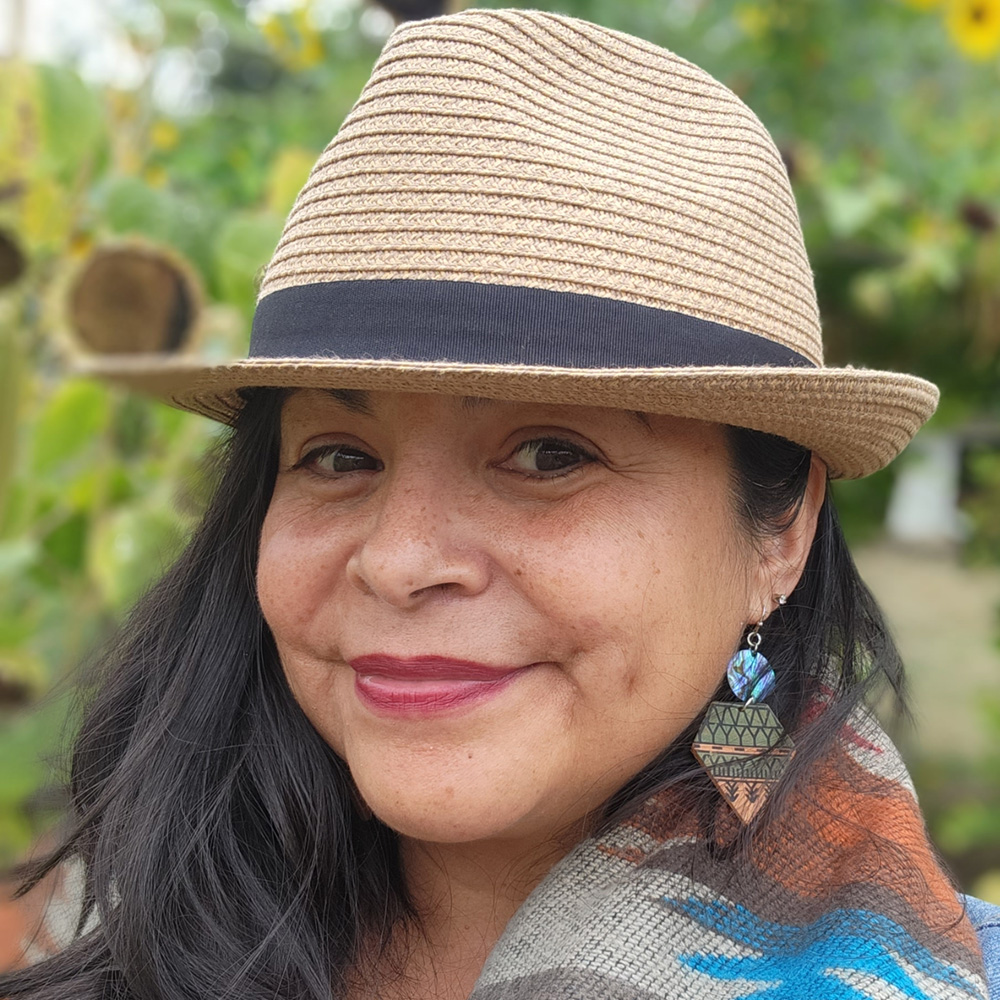
Suzette Espinoza-Cruz currently works on quality and policy for Seattle’s Department of Education and Early Learning and this practice is rooted in her classroom work dating back to the early 1990s. “I was really fortunate to be connected with Marcy Whitebook and the Worthy Wagers activist group,” she says, remembering a colleague who couldn’t afford Bay Area rents and who was living in her car despite a full-time job teaching preschool and two part-time jobs.
Though a lot has changed, she notes that the majority of the people making decisions about the workforce have no background or any lived experience in early childhood education. “We’re still putting a lot of funding toward meeting outcomes for children and exacting what are essentially unfunded mandates around professional development for teachers,” she says, adding that she conducts advocacy work in partnership with the Save the Children Action Network.
“I went from being terrified to get on an airplane, to flying out to D.C. annually to advocate for funding to support early learning nationwide,” she says.
The mother of two (one in college and one in high school), Espinoza-Cruz is also the guardian of a six-year-old grandniece and four-year-old grandnephew. In addition to the lectures and formal learning experiences of the fellowship, she appreciates the “casual connections with brilliant women of color who are grappling with some pretty big questions in their community around early learning.” She singles out Denise Bermudez of Philadelphia’s Office of Children and Families, saying, “She is also a Latina, so she understands the cultural nuances of having to navigate systems that were not made for us.”
That’s My People
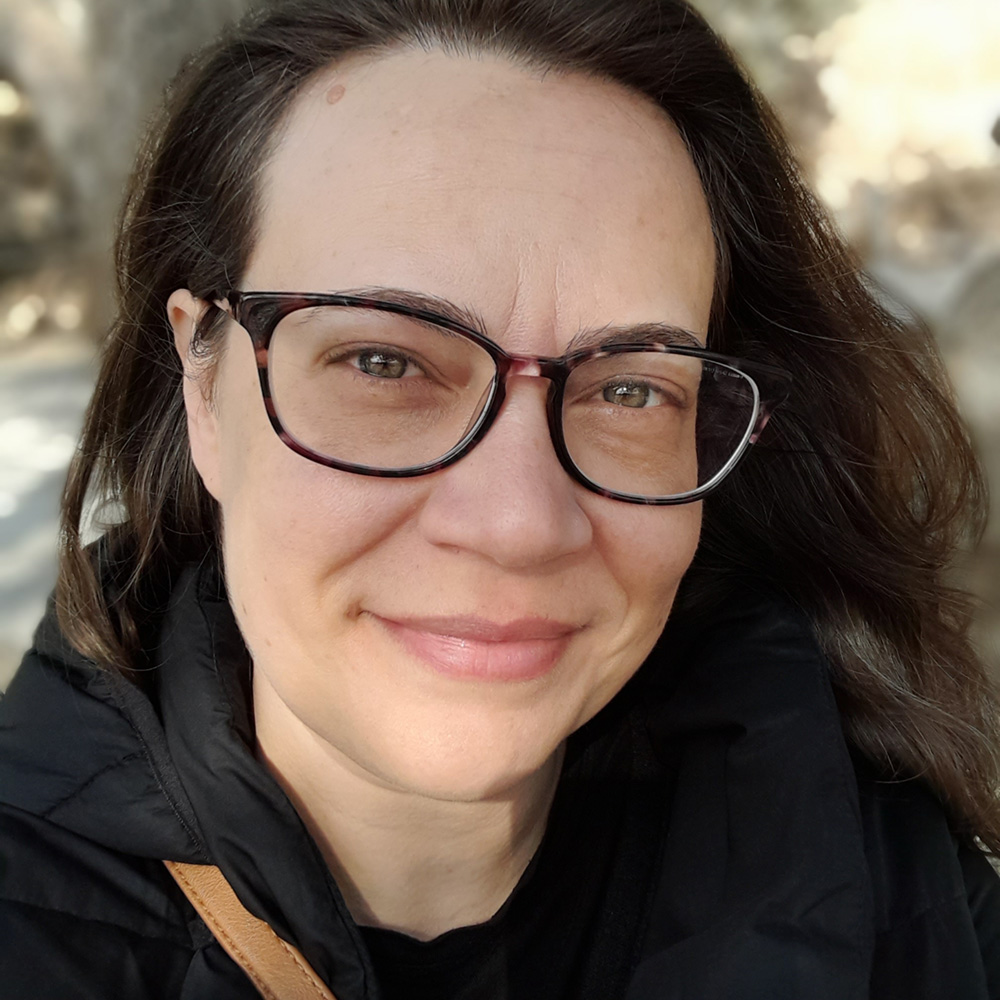
The Education Trust–New York, says Lara Kyriakou, associate director of Early Childhood Policy & Advocacy, always leads with a focus on racial and economic equity for all students, and specializes in data-informed and data-driven policy recommendations. It largely runs its early childhood work through the Raising New York Coalition. One of its signature efforts is a comprehensive child care cost model created to guide systemic change for children, families and providers.
“Too many families lack the opportunity to access high-quality programs,” she says, “And if we recognize the true cost of high-quality care, we’ll make better-informed policy and funding decisions.”
A related problem, she adds, is that society fails to see infants and toddlers for the brilliant little people that they are. “This fellowship really values that truth. That’s my people, that’s where I fit.”
Kyriakou appreciates the insights she has gained from lectures by Kerry-Ann Escayg, associate professor of Early Childhood Education at the University of Nebraska at Omaha, and coauthor of We Are the Change We Seek; as well as Mark Salinas and Erik Fermín from the National Equity Project, founders of the discipline known as liberatory design.
Two Generations Coming Together
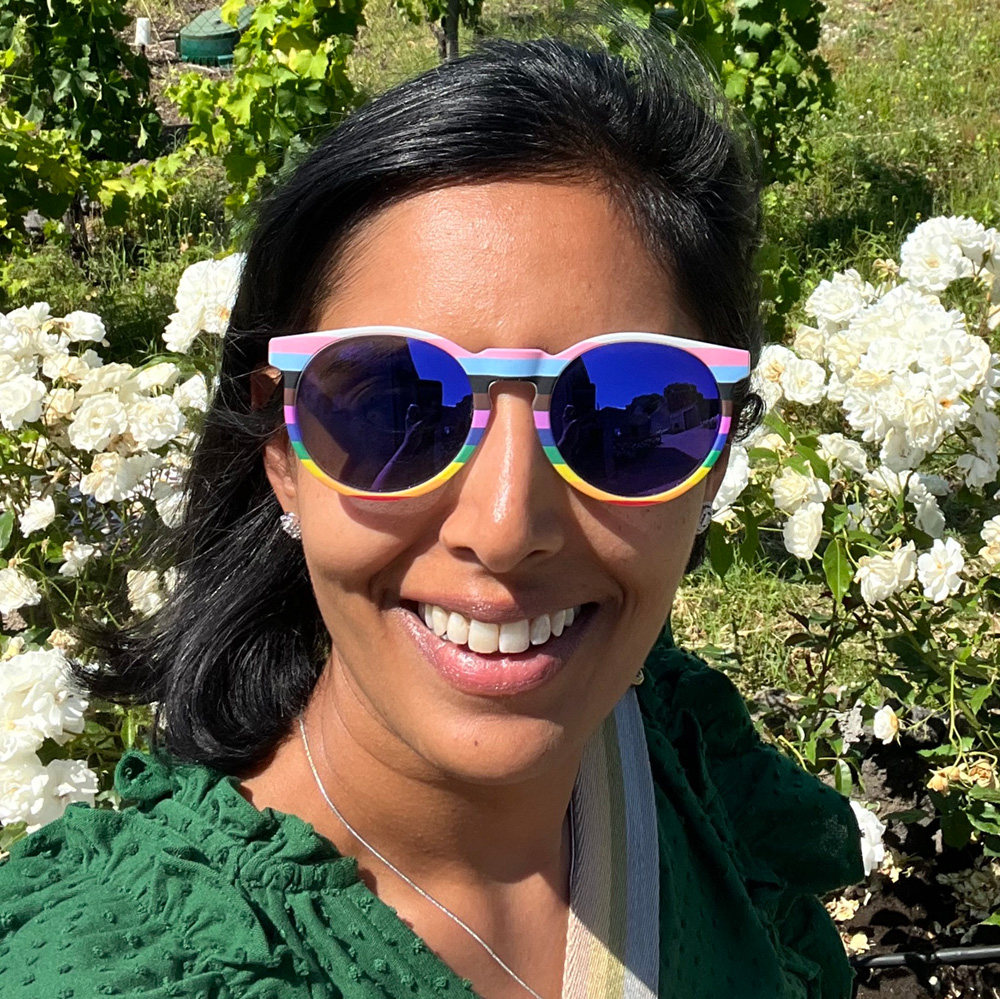
“My heart is working with families and kids,” says Payal Seth, senior vice president of programming at Jeremiah Program, and improving compensation for child care workers is a top priority for her. “BIPOC women make up a majority of the sector,” she says. “The challenge is raising pay in a way that both honors those that have been in the work while not gentrifying the profession.”
👉More Than Meets the Eye: Jeremiah Program’s Chastity Lord
Her organization disrupts generational poverty in nine cities by supporting single mothers in their quest for economic mobility. “They want better jobs but can’t go back to school,” Seth says. “They can’t get child care assistance without being in school or having a job, but they can’t take those steps without child care.” Her job encompasses programming for mothers and for the children, too.
Seth, whose career started in Ypsilanti, Mich., working with multilingual learners and children with special needs, credits Sherri Killins Stewart of the BUILD Initiative, the coach assigned to her through the Bank Street fellowship, for helping her think through policy solutions. “She asks me, ‘What is the small P towards the big P?’ That is, what are the small policy changes we can make soon that might lead to bigger policy changes down the road?”
Further reading:
👉Meet four Bank Street 2022-23 Early Childhood Policy Fellows

Mark Swartz
Mark Swartz writes about efforts to improve early care and education as well as developments in the U.S. care economy. He lives in Maryland.


